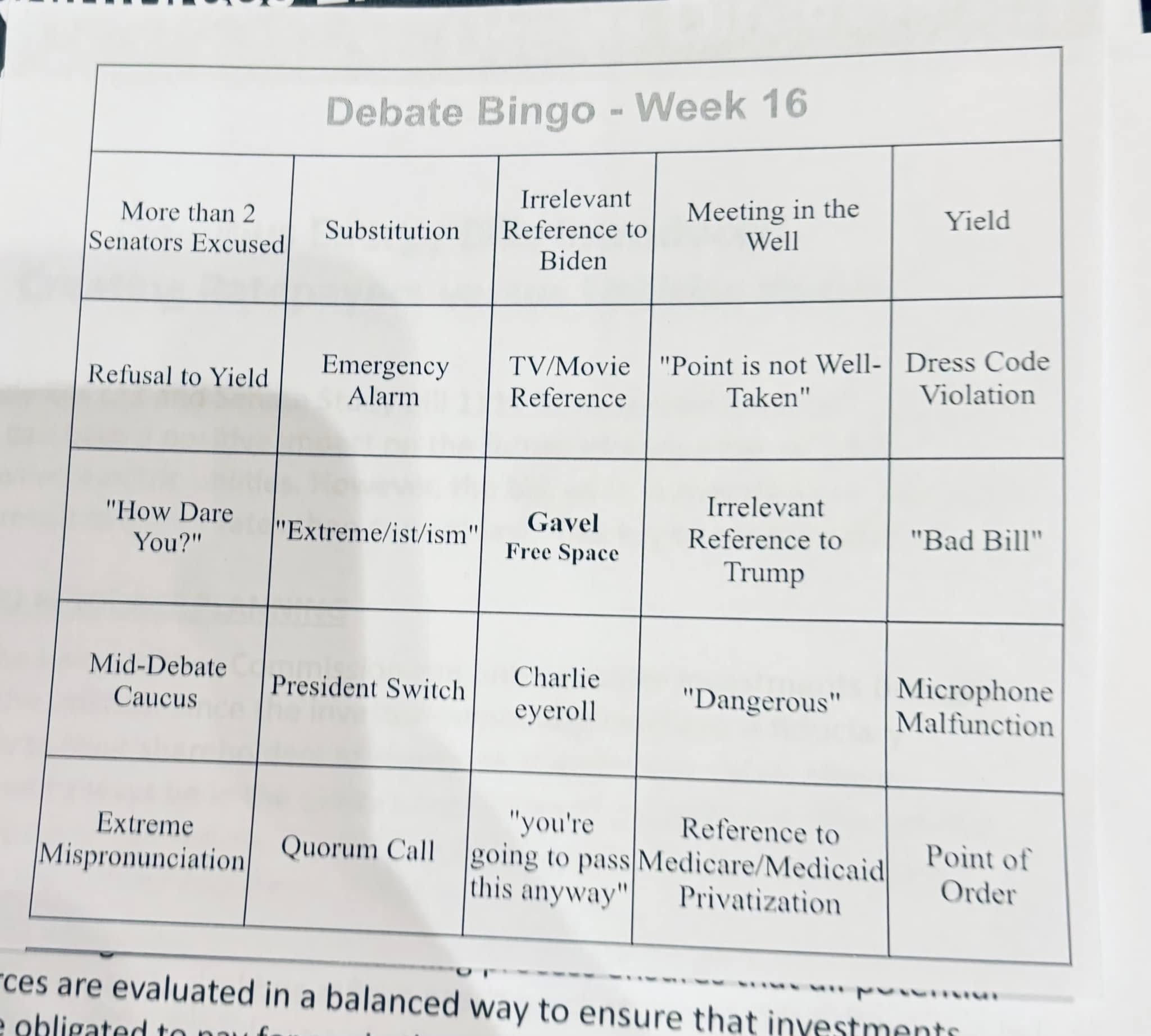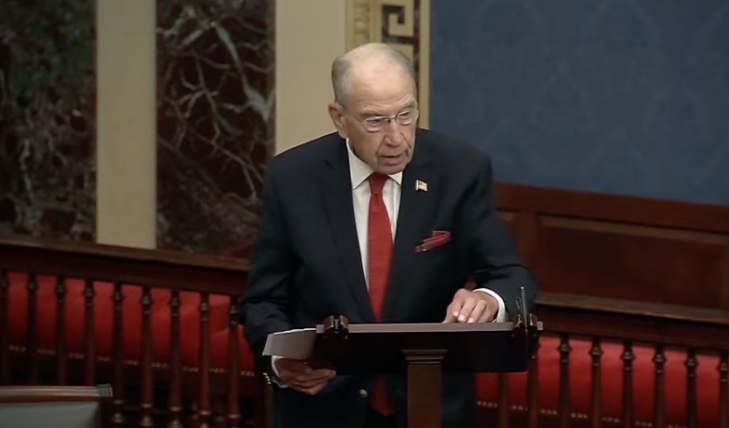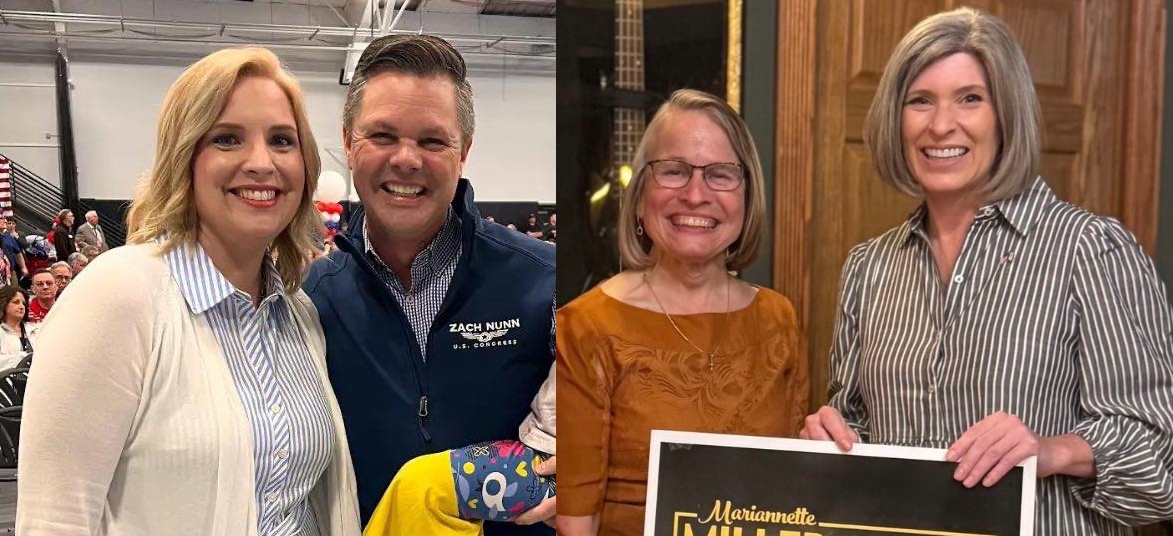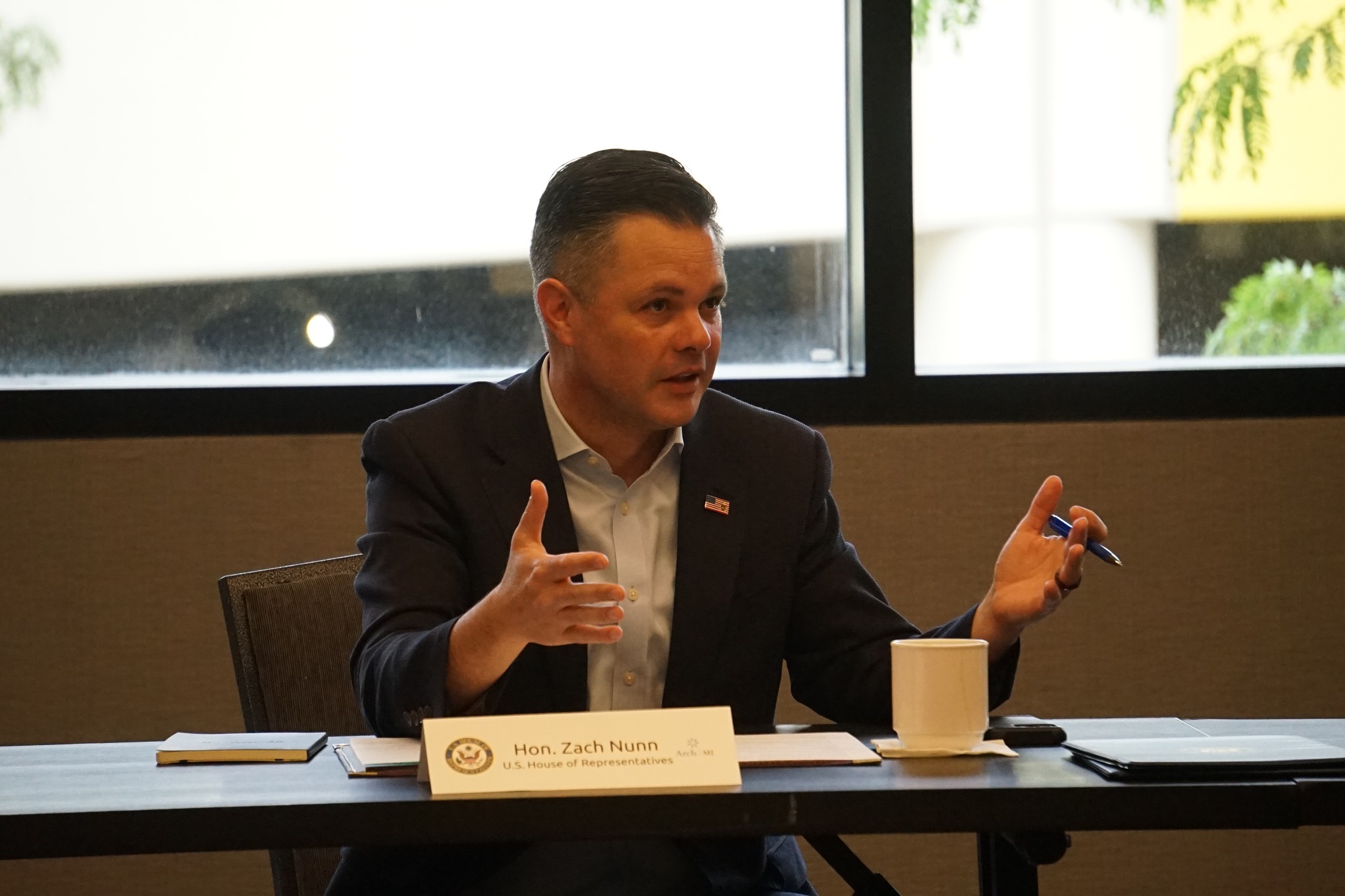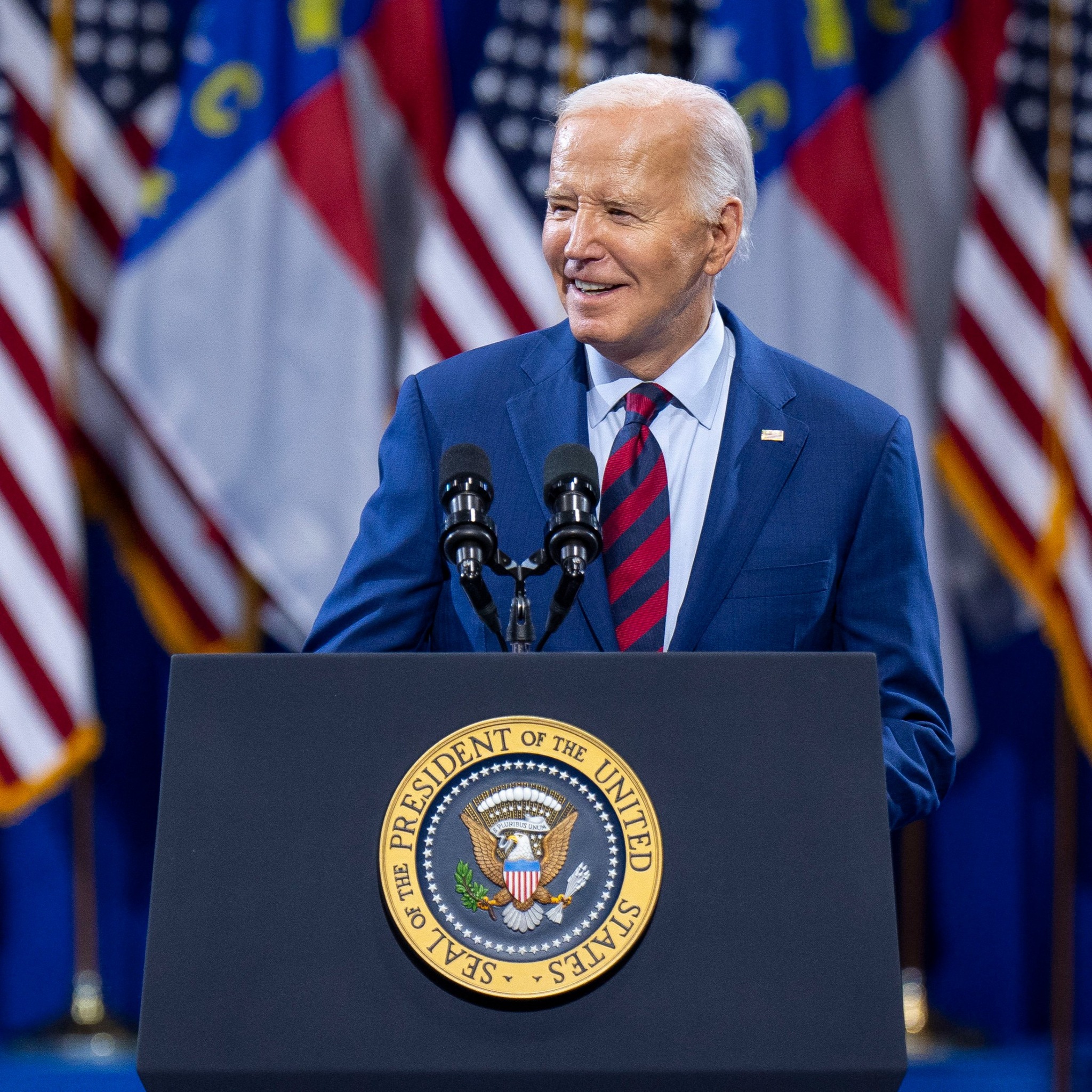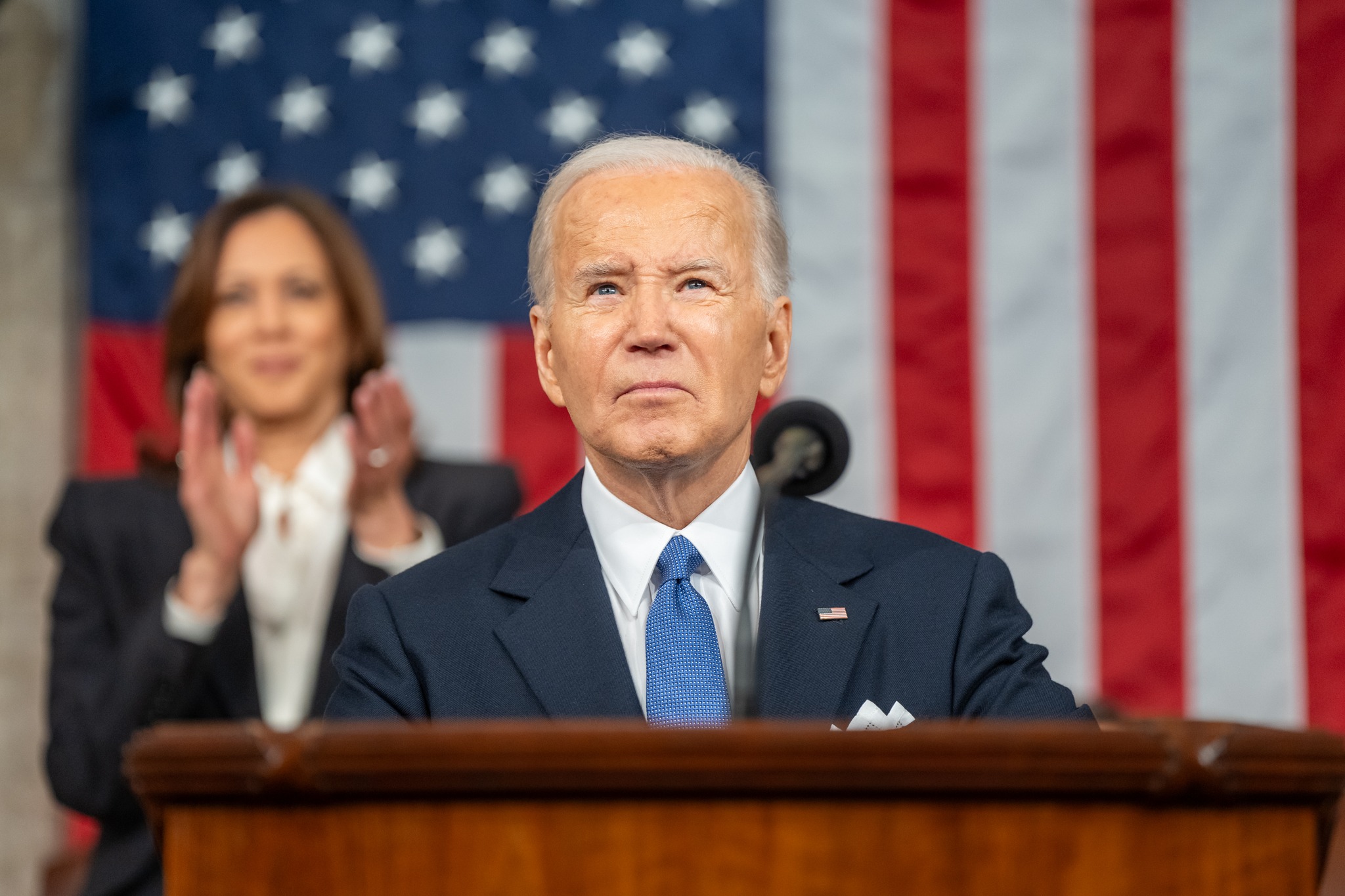Henry Jay Karp is the Rabbi Emeritus of Temple Emanuel in Davenport, Iowa, which he served from 1985 to 2017. He is the co-founder and co-convener of One Human Family QCA, a social justice organization.
This week, I shared an article about U.S. Representative Mariannette Miller-Meeks claiming in a televised interview that President Joe Biden would step onto to the debate stage, high on drugs to cover up his “cognitive decline.” I described her comments as “dirty politics scraping the bottom of the barrel,” and her efforts to curry favor with Dictator-for-a-day Donald as a sign of her own “moral & ethical decline.”
Well, after anguishing through Thursday night’s debate, I have to admit that Miller-Meeks had it partially right. It was obvious that Biden was on something when he stepped onto the debate stage: cold drugs. His hoarse, gravely voice, his obvious congestion, his partial brain fog gave ample testimony to every speaker’s and performer’s nightmare of falling ill and being medicated just before having to step on stage before an audience.
Even so, while Biden failed to deliver the knock-out punches that Trump deserved, he was able to counter the litany of outrageous lies with facts—feebly delivered, but facts nonetheless.
As disgusted as I was by Miller-Meeks’ defamatory attacks on the president the day before the debate, I was equally disgusted, if not more so, by the many commentators, journalists, and fellow Democrats who were so quick to throw Biden under the bus after the debate. Many floated or demanded his removal as the Democratic presidential nominee.
Continue Reading...






